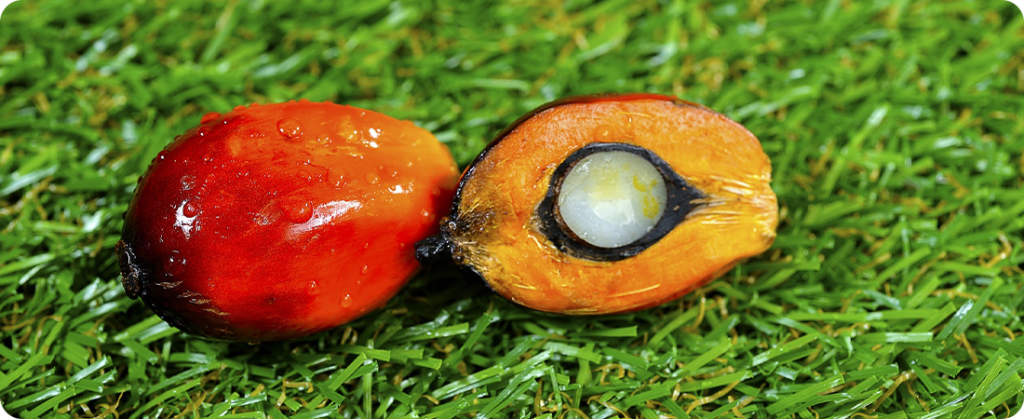
The Bursa Malaysia Derivatives Exchange (BMD) is known for its liquid crude palm oil futures. A senior exchange official announced plans to launch soybean oil futures in the first quarter of next year.
The exchange is working on finalizing contract specifications. This will be completed this year. The contract will be launched in early 2024. Mohd Saleem, director of derivatives market at Bursa Malaysia, stated this.
“There is a lot of negotiation between palm oil and soybean oil. This will likely result in greater synergy in covering risks under one roof,” he said.
CME Group, which merged with CBOT, offers the most liquid soybean oil futures contract used by the industry as a benchmark.
The price movements of palm oil, soybean oil, sunflower oil and rapeseed oil depend on the price trends of other competing edible oils.
Currently, traders and refiners hedge their risks on various edible oils on different trading platforms.
BMD would launch the soybean oil contract first and could later launch contracts for other edible oils such as sunflower oil, he said.
Malaysian exchange seeks to attract soybean oil and palm oil traders
Indonesia and Malaysia are the main exporters of palm oil. Argentina, Brazil and the United States are the main exporters of soybean oil, while Russia and Ukraine concentrate the majority of sunflower oil shipments.
BMD can attract agents who negotiate the price spread of soybean oil and palm oil. Therefore, they prefer ringgit contracts,” said Sandeep Bajoria. He is the chief executive of Sunvin Group, a vegetable oil consultancy and brokerage company based in Mumbai.
“Soybean oil contracts on CBOT and Dalian Commodity Exchange are highly liquid. It will not be easy for BMD to attract large volume,” he said, however.
India's decision to suspend futures trading in palm and soybean oil has led more Indian traders to hedge their risks on BMD in addition.
India, the world's largest importer of edible oils, suspended trading in derivative contracts for main agricultural commodities in December 2021. Thus, the volume of palm oil trade in BMD has increased over the past three years due to volatility caused by the conflict between Russia and Ukraine, Indonesia's move to restrict exports and changes made by India in the tariff structure, he said Saleem.
Volumes are now back to normal levels, but are still higher than pre-Covid-19 levels, he said.
Source: Rajendra Jadhav | Notícias Agrícolas












